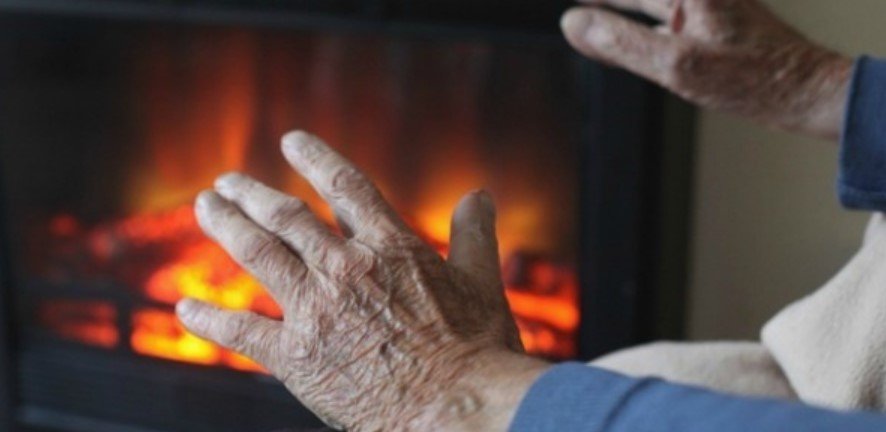The recent announcement of cuts to the Winter Fuel Payment has sparked widespread concern among pensioners in the UK. This vital support, which has helped many elderly individuals manage their heating costs during the cold months, is now being reduced or eliminated for millions. The decision has been met with criticism, with many describing it as a “cruel” move that will leave vulnerable pensioners struggling to stay warm this winter.
Impact on Pensioners
The reduction in Winter Fuel Payments is expected to have a significant impact on pensioners, particularly those who are already struggling financially. For many, this payment has been a lifeline, helping them to afford the rising costs of heating their homes. Without this support, pensioners may be forced to choose between heating and other essential expenses, such as food and medication. The situation is particularly dire for those living in colder regions, where heating costs are higher.

The cuts come at a time when energy prices are already on the rise, adding further strain to household budgets. Pensioners, who often live on fixed incomes, are particularly vulnerable to these increases. The loss of the Winter Fuel Payment will exacerbate their financial difficulties, potentially leading to increased health risks as they struggle to keep their homes warm.
Charities and advocacy groups have voiced their concerns, urging the government to reconsider the cuts. They argue that the decision will disproportionately affect the most vulnerable members of society, and could lead to a rise in fuel poverty among pensioners.
Government’s Justification
The government has defended the cuts, citing the need to reduce public spending and address budget deficits. Officials argue that the Winter Fuel Payment is no longer sustainable in its current form, and that the funds need to be redirected to other areas of need. They also point out that the payment will still be available to those on means-tested benefits, ensuring that the most vulnerable pensioners continue to receive support.
However, critics argue that the means-testing process is flawed and may exclude many who are in genuine need. They also highlight the administrative burden of means-testing, which could lead to delays and complications in distributing the payments. The government’s decision has been described as short-sighted, with many calling for a more comprehensive approach to addressing fuel poverty.
The debate over the cuts has highlighted broader issues around social welfare and support for the elderly. Many argue that the government should be doing more to protect vulnerable pensioners, rather than cutting essential support. The controversy has sparked calls for a review of the entire social welfare system, with a focus on ensuring that all pensioners have access to the support they need.
Future Implications
The cuts to the Winter Fuel Payment are likely to have long-term implications for pensioners and the wider community. In the short term, many pensioners will face increased financial hardship and health risks as they struggle to keep their homes warm. This could lead to a rise in hospital admissions and other health-related costs, placing additional strain on the healthcare system.
In the longer term, the cuts could contribute to a growing sense of insecurity and mistrust among pensioners. Many feel that they are being unfairly targeted and that their needs are being overlooked. This could have broader social implications, as an increasing number of elderly individuals feel disconnected and unsupported by society.
The decision to cut the Winter Fuel Payment has also raised questions about the government’s commitment to addressing fuel poverty. Critics argue that more needs to be done to tackle the root causes of this issue, such as improving energy efficiency and providing targeted support to those in need. The cuts have highlighted the need for a more holistic approach to social welfare, one that takes into account the diverse needs of the elderly population.









